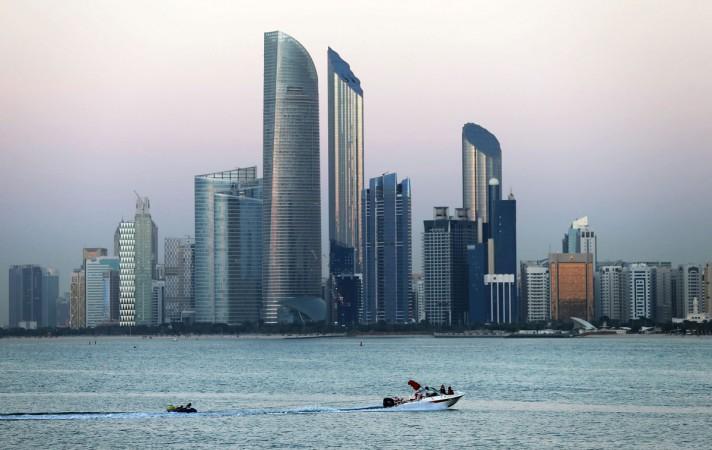As the coronavirus pandemic hits global markets to drive economies into a state of recession, Nasser Thani Al Hamli, UAE's Minister of Human Resources and Emiratisation announced that private companies are now allowed to change their contracts with employees, only if both parties are in an agreement.
Furthermore, private companies can now temporarily or permanently lower their employees' salaries, extend their paid or unpaid leave only after mutual consent. However, employers will still have to provide for other dues of the workers to include accommodation and other rentals as long as foreign workers remain in the country.
In a recent development, the Gulf nation has rolled out a $34 billion economic stimulus package to combat the effects of the pandemic. The nation has reportedly halted flights, malls are closed and business operations disrupted in light of the current coronavirus outbreak that has infected 611 people so far and caused five fatalities.
How will this move impact foreign workers?
As recently, the UAE imposed entry restrictions on its residents, who are currently outside the country from returning back for the next two weeks. It also paused issuance of work permits and new visas on arrival.
Besides cancelling the Umrah pilgrimage in Saudi Arabia, closing malls, mosques and restaurants across the region, the nation has banned international travel of its citizens and ordered those returning back to the country to self-quarantine for the next two weeks. Dubai-based Emirates has asked its pilots to take unpaid leave, while Qatar Airways has laid off 200 Filipino staffers.

The Gulf nation is heavily reliant on foreign workers in the nursing, construction and service industries. But the coronavirus impact is costing private businesses to rethink their growth plans, for they are considering laying off staff, which will increase in global unemployment roll and result in fall in foreign currency earnings.
According to data from the World Bank, the Saudi Arabia and the UAE are the world's second and third-largest exporters of remittances after the US. The Gulf region which is one of the largest contributors of remittance outflows is severely impacted by the global Covid-19 scare.
According to a FT report, "foreigners account for about a third of Saudi Arabia's 30mn population and almost 80 per cent of the private sector workforce. In the UAE, expatriates are estimated to account for about 80 per cent of the population." Also the ongoing oil price war between the Saudi Arabia and Russia has resulted in plummeting crude oil prices.
Uncertain times spell disaster for families of migrant workers
According to UAE's Human Resource Ministry announcement today, businesses having excess employees than they actually need should post their requirement on the virtual job market, to facilitate hiring of these excess workers by other businesses.

The migrant workers have been living in cramped accommodation with inadequate sanitation facilities for long. This makes them particularly vulnerable to health issues, considering social distancing is absolutely impossible living in such conditions. Plus they do not enjoy access to the healthcare system of the nation.
Migrant workers in UAE and the Gulf region are now thriving in an environment of uncertainty, with employers mulling redundancies, pay cuts, and workers fearing deportation in light of the coronavirus containment measures implemented in the region. Many migrant workers across the Gulf are also heavily disadvantaged by the labour governance system that gives excess control and power in the hands of the employers.
Most of the migrant workforce in the Gulf region are from developing nations of India, Philippines, Bangladesh, Pakistan, and Nepal. Nearly 90 percent of Qatar's population is expats.
While global markets continue to hold on to hopes of recovering from the Covid-19 crisis and reviving economies, we hope private employers in the UAE take proactive measures to ensure foreign workers are safe, secure and protected.









